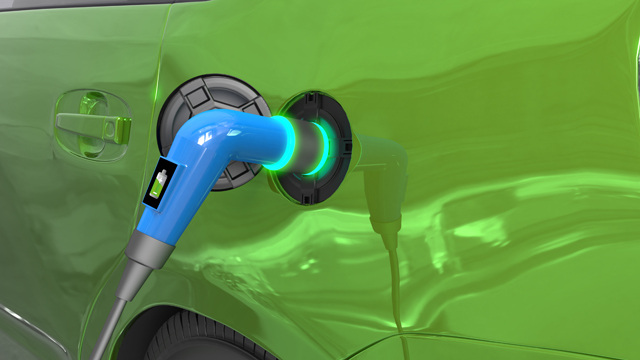
Government plans, commitments and targets
Headlines from the Transport Decarbonisation Plan (published by Department for Transport on 14 July 2021):
- Heavy Goods Vehicles (HGVs) are responsible for 16% of the UK’s transport emissions.
- Consultation on ending the sale of diesel HGVs; for vehicles between 3.5 and 26 tonnes, this will be 2035 and for vehicles over 26 tonnes, this will be 2040 (closed 3rd Sept 2021).
- Mass scale demonstrations of pioneering new zero emission HGV technology will be demonstrated on UK roads in 2021.
- BEIS investing up to £20 million in 2021/22 - designing trials for ERS, hydrogen fuel cell HGVs and to run a battery electric trial.
What we've been up to
To assist us with developing fit-for-purpose electricity network infrastructure solutions. We have been extensively engaging with key industry stakeholders, both individually and through a series of roundtables and workshops, to understand their views and perspectives on the barriers and opportunities for decarbonising the HGV sector. In March 2021, we facilitated a workshop to gain deeper insights on the future of the sector, including preferences on technology, infrastructure and timelines. Representatives from 16 organisations including; Highways England, Energy Networks Association, DfT, Siemens Mobility, Renault Trucks, Road Haulage Association, DAF Trucks and Waitrose attended the workshop to share their insights with us.
You can read our workshop report along with the recommendations that have been shared with government.
Our next steps
Building on the work we’ve done with stakeholders from across the HGV sector, we will continue to:
HGVs will scale up the pace of transport decarbonisation as the industry prepares for the 2035 and 2040 new vehicle sales ban of diesel trucks and HGVs. We have identified an opportunity for the scope of Project Rapid to be expanded to accommodate HGV charging at key MSAs in England, in order to future-proof network infrastructure and deliver it at a pace, in order to meet government targets. Our HGV analysis work in this space will be shared with OZEV as we continue to collaborate with Government to confirm the network infrastructure requirements and accelerate infrastructure build ahead of need, in support of Project Rapid.
Our analysis shows that there is a strong synergy between EV andHGV en-route energy provision to Motor Services Agreements (MSAs) in England and Wales, if Transmission connection solutions are used. Providing electricity capacity at MSAs for cars and vans through the roll-out of the Rapid Charge Fund creates an opportunity for other modes of road transport to utilise some of this provision. Read our report by following this link)
May 2022: Supporting the growth of clean transport – Decarbonising Heavy Goods Vehicles on the Strategic Road Network
We are continuing to work collaboratively with stakeholders from across all transport sectors, to explore the need case, opportunities, barriers and infrastructure requirements for transport hubs or shared charging/refuelling solutions. These solutions will help to reduce the cost of connecting to the grid network, minimise work and encourage the sharing of charging / refuelling infrastructure assets. We will turn these stakeholder insights into clear recommendations for Government to help shape future plans and policies. You can find more information on our Transport Hub page.
Sector specific news, stories and podcasts etc.

Supporting the growth of clean transport: Decarbonising Heavy Goods Vehicles on the Strategic Road Network
Our analysis shows that there is a strong synergy between EV and
HGV en-route energy provision to Motor Services Agreements (MSAs) in England and Wales, if Transmission connection solutions are used. Providing electricity capacity at MSAs for cars and vans through the roll-out of the Rapid Charge Fund creates an opportunity for other modes of road transport to utilise some of this provision. Read our report by following this link.

Department for Transport publishes its findings on road freight trials
Government encourages fleet operators to convert to battery-electric vehicles in the transition to zero emission road freight. The Department for Transportation has published its 'Outcome and response to the consultation on when to phase out the sale of new, non-zero emission HGVs'
Find out moreContact us
For general enquiries, or you simply want to find out more about decarbonising transport, contact our Decarbonisation of Transport team.
Get connected
Whether you have a large or small energy project, find out more about how to connect to our electricity transmission network.


